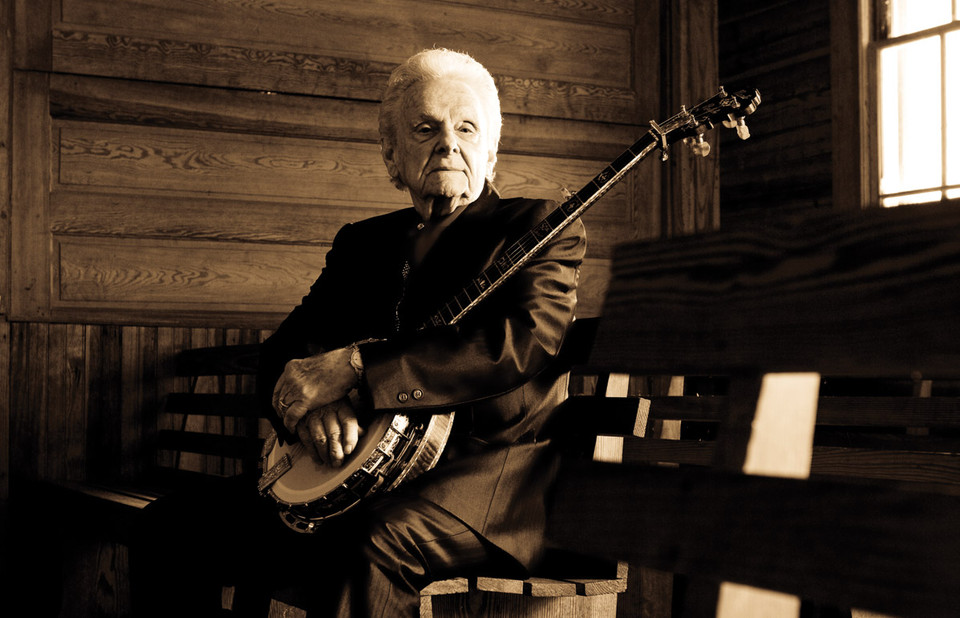 Ralph Stanley, image courtesy The Bluegrass Situation Ralph Stanley, image courtesy The Bluegrass Situation Ralph Stanley died Thursday at the age of 89, just a few days after I returned from a visit to the National Park Service’s Blue Ridge Music Center near Galax, Virginia. The Music Center exists to celebrate the music that Ralph Stanley and his brother Carter helped popularize – a folk tradition that spans at least 7 generations here in this country, and even further back in the Gaelic and Scots ballad traditions in the British Islands. The Stanley Brothers, and their southwestern Virginia neighbors A. P. Carter and his musical family, took “hillbilly” music to the national stage beginning in the 1940’s when Ralph and Carter formed a band, the Stanley Brothers and the Clinch Mountain Boys, and began performing in and around Bristol VA and Johnson City, TN. Ralph Stanley never used the term “bluegrass” to describe his music. Kentucky native Bill Monroe and his band the Bluegrass Boys popularized the term (a sound which, ironically, is often credited to NC banjo player Earl Scruggs). Stanley is perhaps best remembered for the “high, lonesome” sound his clear tenor emphasized, a sound that rings clear in mountain hollows from Madison County, NC near Asheville north to Bristol and Kingsport in Tennessee, and east to Galax, Virginia and Mount Airy, North Carolina. It is the musical theme of a hard life in a beautiful place. The title of Stanley’s 2009 autobiography, “Man of Constant Sorrow” says a lot about the bittersweet world of the Southern Appalachian mountains, a place of breathtaking natural beauty, strong families, tragedy and struggle – the perfect mash for a rich world of art in music and craft. Last year on a long-distance bike ride in southwestern Virginia, not far from Stanley’s original home on Big Spraddle Branch, I stopped at the A. P Carter homestead, home of the famous Carter Family, listened to a string band perform on the porch, and even sat in Johnny Cash’s easy chair (Cash married June Carter, daughter of Maybelle Carter and niece of A.P. Carter). I’ve been playing this music for 25 years and the experience of being at the Carter home, and riding through the mountain valleys that inspired their music gave me chills. Similarly, last week at the Music Center on the Blue Ridge Parkway, I was able to listen to Galax, VA native Dori Freeman warm the crowd up for the Steep Canyon Rangers, and Freeman’s voice was once again rich with pain and love and anger, notes in her original songs inflecting up or breaking an octave down – the same plaintive call from the hills I remember from listening to friends sing in my time in Madison County. There is a hardness here, a life of disappointment and struggle and love and family and nature all wrapped up together and aching to emerge in song from so many who have lived in this land. Basically everyone up here is a musician. Every day at the Music Center people gather in the breezeway (in good weather) or in the luthier’s shop (in bad) to unpack guitars and mandolins and dobros and dulcimers and fiddles and banjos and basses from well-work cases to crank through a few hours of “Are You Washed In The Blood?”, “Shady Grove”, “Cotton-Eyed Joe”, “Cluck Old Hen”, and a few hundred other songs that everyone in the circle can play along with once the leader announces the key. Those that don’t play, sing. And they know all the words. They are young and old – sometimes very old - and sometimes very young. I have a friend here in Raleigh whose 13-year-old daughter plays the fiddle in the traditional style and plays rings around most people three times her age. This is back-porch music, music where you need to set aside a room to put the instrument cases when you hold a pot luck, music that works as well in a capella harmony out front of the grocery store as it does with a full string band. Mountains and hollows, branches (creeks), balds and coves…this is the landscape that raised Tommy Jarrell (he lived in Round Peak – about 15 miles from the Music Center), and Doc Watson (his home in Deep Gap is about 40 miles down the Parkway). In the springtime they sing about the “Wildwood Flower”, in the winter “The Fields Have Turned Brown”. There are songs about hard work (“Coal Miner’s Blues”), and faith (“Little White Church”), about liquor (“Mountain Dew”) and love (“Gold Watch and Chain”), and about murder (“Little Omie Wise”, “Tom Dooley”) and death (“Will the Circle Be Unbroken”, “Bury Me Beneath the Willow”). Stanley is part of a disappearing generation. Doc Watson passed on in 2013. Earl Scruggs died in 2012. Tommy Jarrell left us in 1985. The music continues in hollows and hills surrounding the Blue Ridge Parkway…and among millennials. Someone on the radio the other day said that it’s hard to find new popular music that is not categorized as “Americana”. Think Avett Brothers, Allison Krause, Nickel Creek, The Head and The Heart. Bluegrass as a genre is still popular, and increasingly so around here. The International Bluegrass Music Association annual meeting and festival here in Raleigh drew over 180,000 people in 2014. I cannot remember a better live music concert, ever, than the one Canton, NC’s Balsam Range performed on the free stage on Hargett Street that year. Now distant from its founding traditions, country music covers the earth but it’s important to remember where the Nashville sound started – in the hills of home in the shadow of Clinch Mountain, somewhere around Big Spraddle Branch where Ralph and Carter Stanley started playing the old tunes they heard from their family and friends. Ralph Stanley had been famous among lovers of this music for decades before he reached a new audience in 2000 on the soundtrack of the movie “O Brother Where Art Thou” with his haunting a capella rendition of “O Death”, the story of an old man bargaining with death to “spare me over for another year.” He lost the bargain yesterday, but not before his high, lonesome sound worked its way into my head and that of countless others, forever. My latest sun is sinking fast, my race is nearly run My strongest trials now are past, my triumph has begun Oh come Angel Band, come and around me stand Oh bear me away on your snow white wings to my immortal home Oh bear me away on your snow white wings to my immortal home From “Angel Band” – traditional Appalachian Gospel tune Click below to view a live performance of "O, Death" from 2008:
1 Comment
8/29/2019 10:07:57 am
They say there is no such thing as platonic friendship between a boy and a girl. I think I have had friends who I can easily look at as brothers and I have no plans of being in a romantic relationship with them. I am not sure if they feel the same. All I know is that getting friendzoned maybe the best thing that can ever happen to anyone because if anything didn't really begin, why would it end? If anything is not being pushed closer or further, there's no reason to want to pull away.
Reply
Leave a Reply. |
AuthorDaniel Howe lives in Raleigh, NC. He's interested in a lot of things so this blog is all over the place. Archives
May 2018
Categories |
City Planning / Public Process
|
|

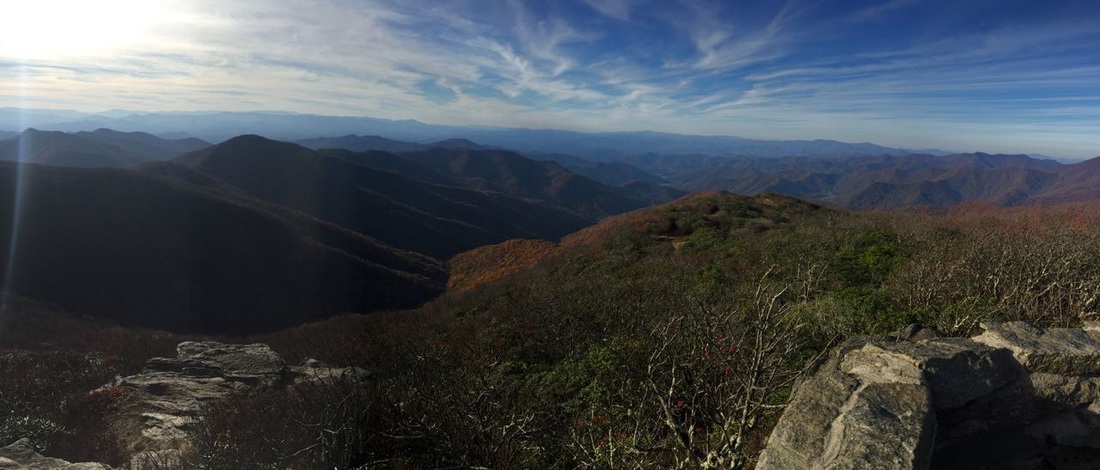
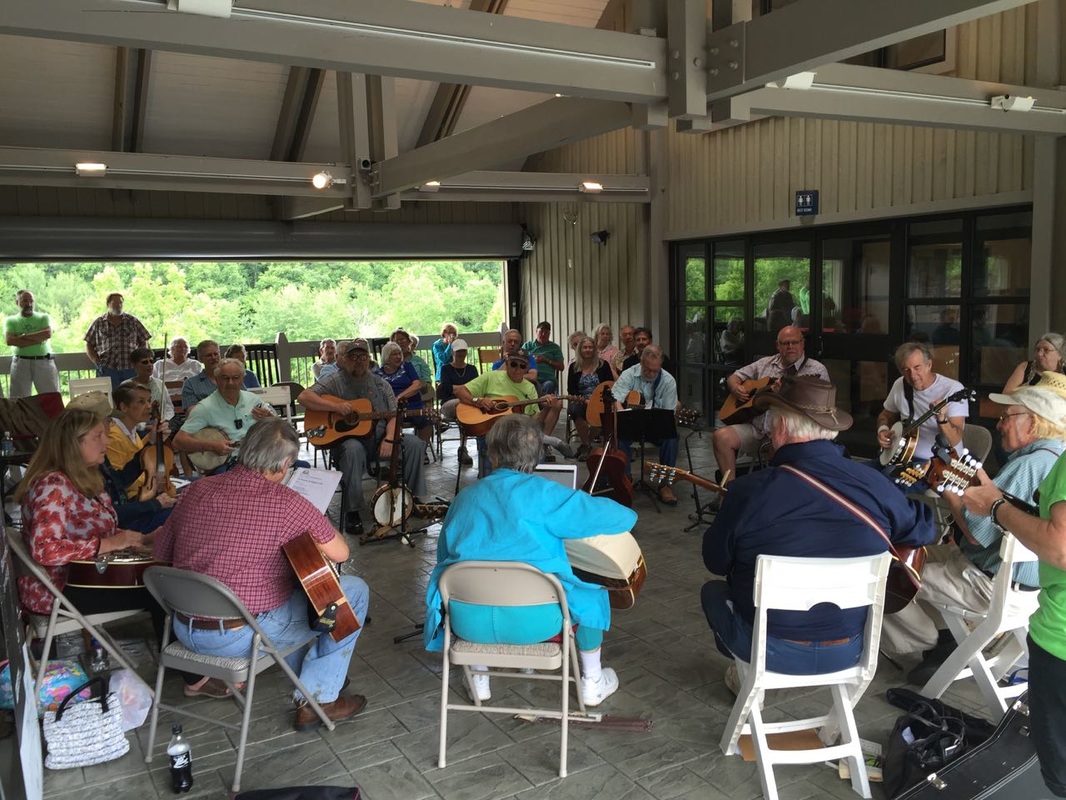
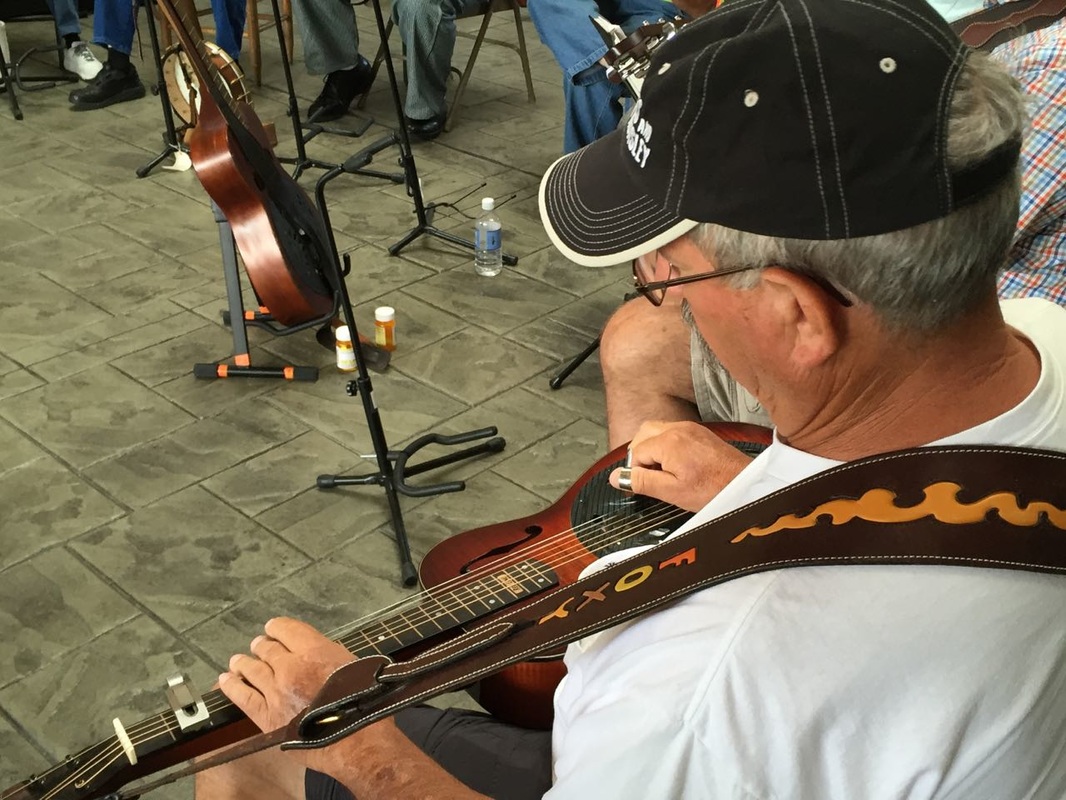
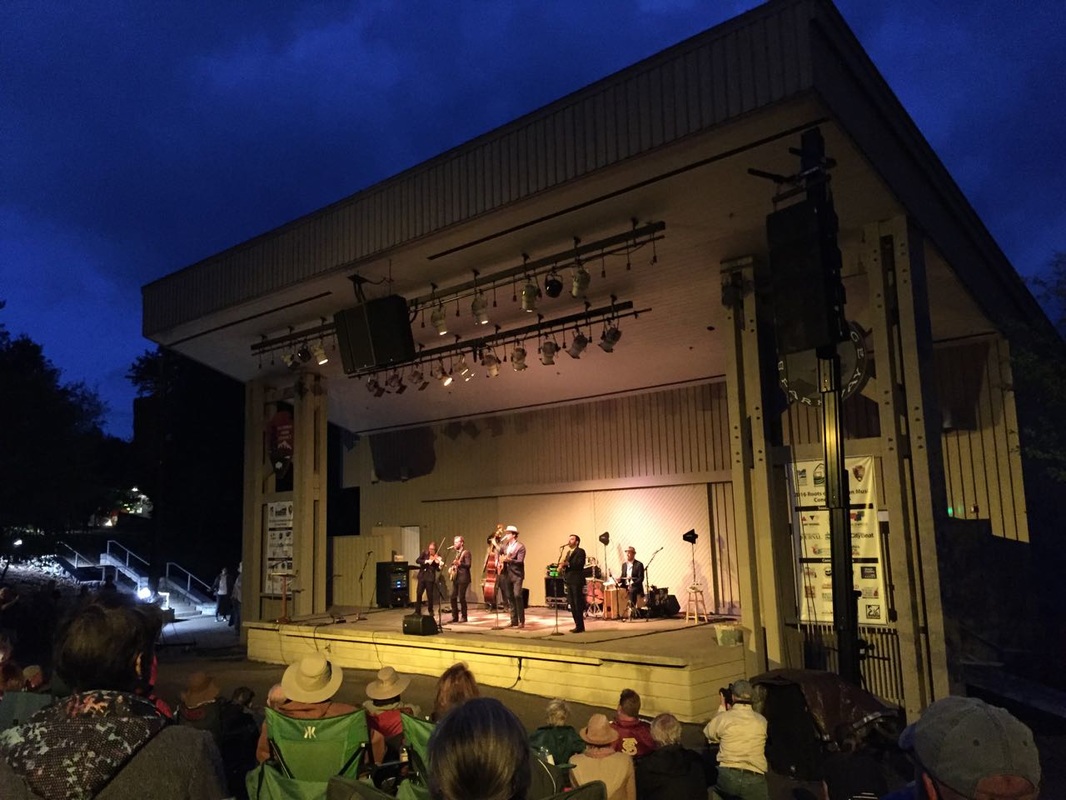
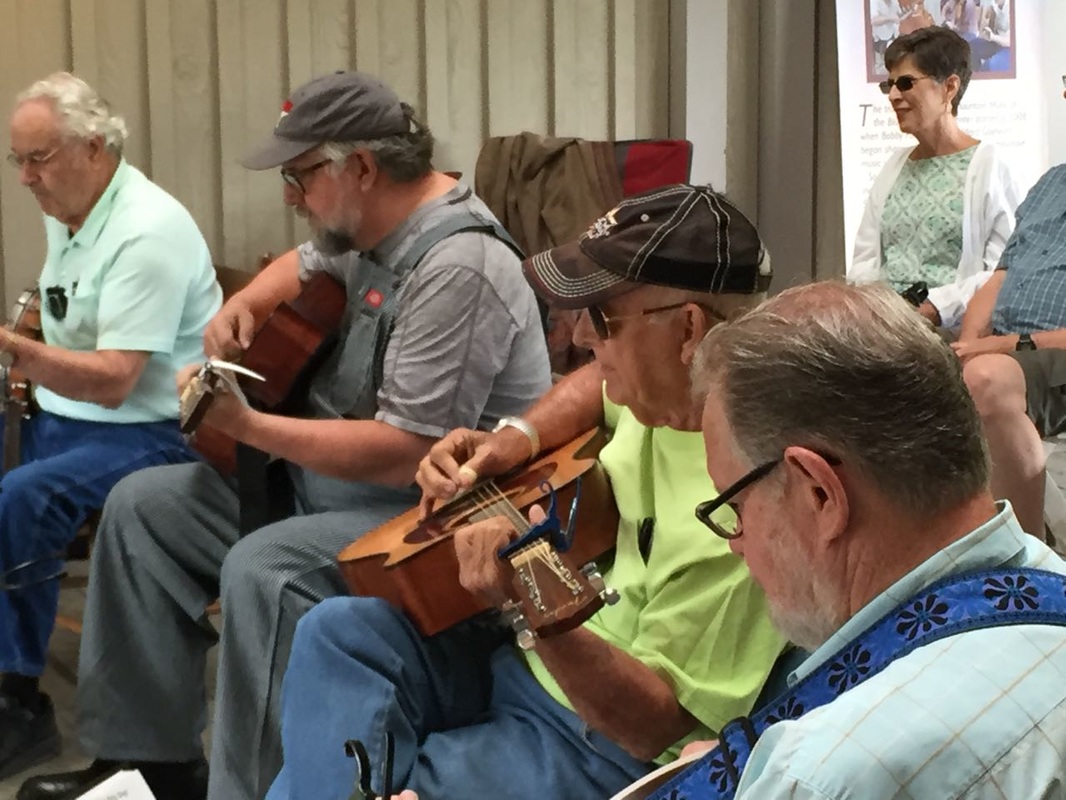
 RSS Feed
RSS Feed
